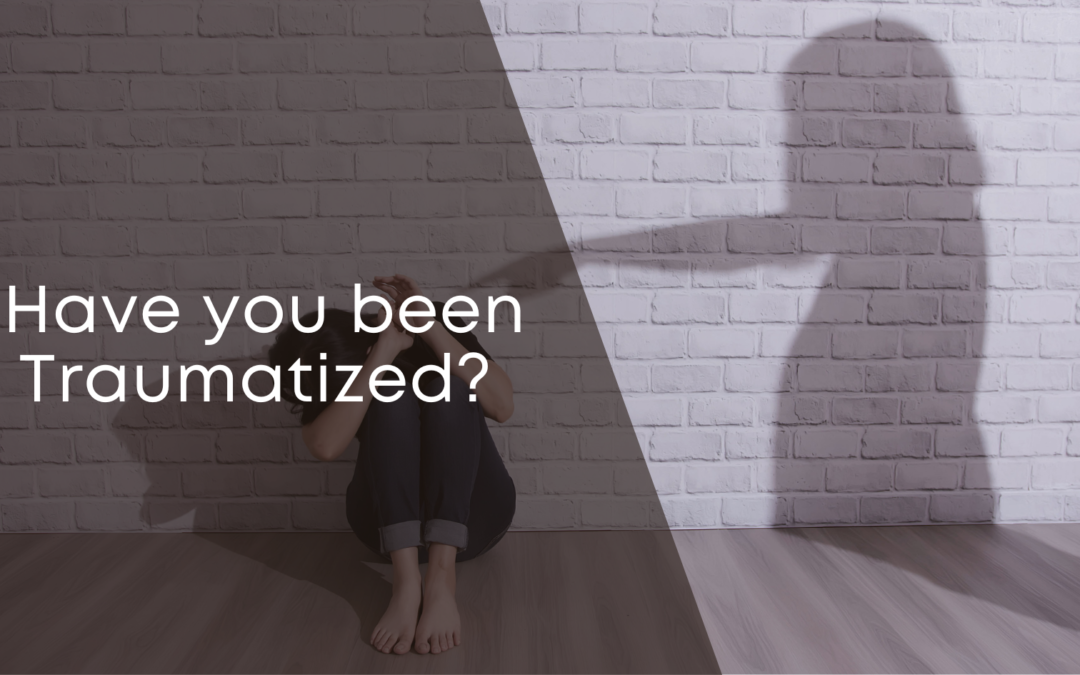Imagine a man who endured physical abuse during his childhood but failed to recognize it as traumatic. Over the years, he buried these memories deep within, only for them to resurface as uncontrollable rage, wreaking havoc on his relationships. This story highlights a common phenomenon – ignoring trauma. In this blog, I’m Steven Unruh, a seasoned divorce mediator with over 30 years of experience. I’ll delve into the problem of hiding trauma and explore why individuals often ignore it and employ harmful coping mechanisms. Additionally, I’ll offer guidance on seeking help and introduce the benefits of divorce mediation as a means to heal and rebuild.
The Hidden Trauma Problem
Addiction as a Shield
One way people hide past trauma is through addiction. Whether it’s alcohol, drugs, gambling, shopping, or sex, addiction becomes a coping mechanism that consumes their lives. Even those seemingly leading stable lives can be ensnared by addiction while remaining oblivious to its root cause. They mistakenly believe that addiction numbs the trauma, but in reality, it only perpetuates their denial.
Addiction provides a false sense of control and comfort, acting as a buffer against the painful memories and emotions stemming from past trauma. It offers temporary relief from the turmoil within, making it even harder for individuals to confront the source of their suffering. The addiction becomes a crutch that prevents them from addressing their inner demons, ultimately exacerbating their struggles.
Intellectualization
Another tactic is intellectualization. People compare their experiences to others’ and convince themselves that their situation wasn’t as bad. They focus on external markers of success, like family and work, dismissing any doubts about their emotional well-being. This self-deception prevents them from addressing the unresolved pain lingering within.
Intellectualization serves as a defense mechanism, allowing individuals to distance themselves from their traumatic experiences. They convince themselves that they’ve overcome adversity and that others have faced far worse circumstances. This rationalization further entrenches their denial, preventing them from acknowledging and processing their own pain.
Why Do We Ignore Trauma?
1. Fear
Fear stands as one of the main obstacles to facing past trauma. The thought of confronting the past can be overwhelming and unpredictable. People crave predictability and fear that dealing with their trauma might lead to emotional paralysis. The fear of the unknown keeps them from progressing in life and tackling their past.
Fear of facing trauma can paralyze individuals, making them hesitant to delve into the depths of their emotions and memories. They worry that revisiting their traumatic experiences will open Pandora’s box, unleashing a torrent of emotions that they are ill-equipped to handle. This fear can lead to avoidance and a perpetuation of the status quo, despite its detrimental effects on their mental and emotional well-being.
2. Shame
Shame, deeply rooted in upbringing and societal expectations, often forces individuals to keep traumatic memories locked away. This misplaced shame, perpetuated by conservative communities and strict moral standards, becomes a powerful force that prevents them from sharing their experiences.
Shame often stems from societal and cultural norms that dictate how individuals should handle adversity and trauma. Those raised in communities with stringent moral codes may feel ashamed of their traumatic experiences, viewing them as a failure to meet these expectations. Consequently, they hide their pain, reluctant to expose their vulnerability and perceived shortcomings.
Taking Action
If you suspect you’ve been traumatized, seeking professional help is paramount. Consult a psychologist or psychotherapist specializing in trauma. Their expertise far surpasses that of a standard counselor.
Therapists specializing in trauma have a deep understanding of the complexities involved in healing from past traumatic experiences. They utilize evidence-based approaches to guide individuals through the process of acknowledging, processing, and ultimately healing from their trauma. This specialized support can make a profound difference in the recovery journey, providing the tools and insights needed to overcome the impact of hidden trauma.
Similarly, if you’re battling addiction, professional help, a support system, and a sponsor are essential for recovery. While it may demand your time, money, and energy, the cost of addiction far outweighs the investment in your recovery.
Addiction treatment programs offer a structured approach to overcoming the grip of addiction. These programs often include counseling, group therapy, and access to support networks. A sponsor, typically a recovering addict with a strong commitment to helping others, can provide invaluable guidance and accountability on the path to recovery.
Conclusion
You have the strength to confront your trauma and addiction with courage and grace. By seeking help and acknowledging the past, you can break free from the chains that have bound you for so long. Remember, I’m Steven Unruh, a divorce mediator with a wealth of experience. If you’re going through a divorce, consider divorce mediation—a way to navigate the difficult process amicably, with less emotional turmoil.
It’s time to step into the light, face your hidden traumas, and embrace the possibility of a brighter future. Don’t let fear and shame hold you back; take that first step towards healing today. The journey may be challenging, but the rewards of lasting recovery and emotional well-being are immeasurable.


Recent Comments